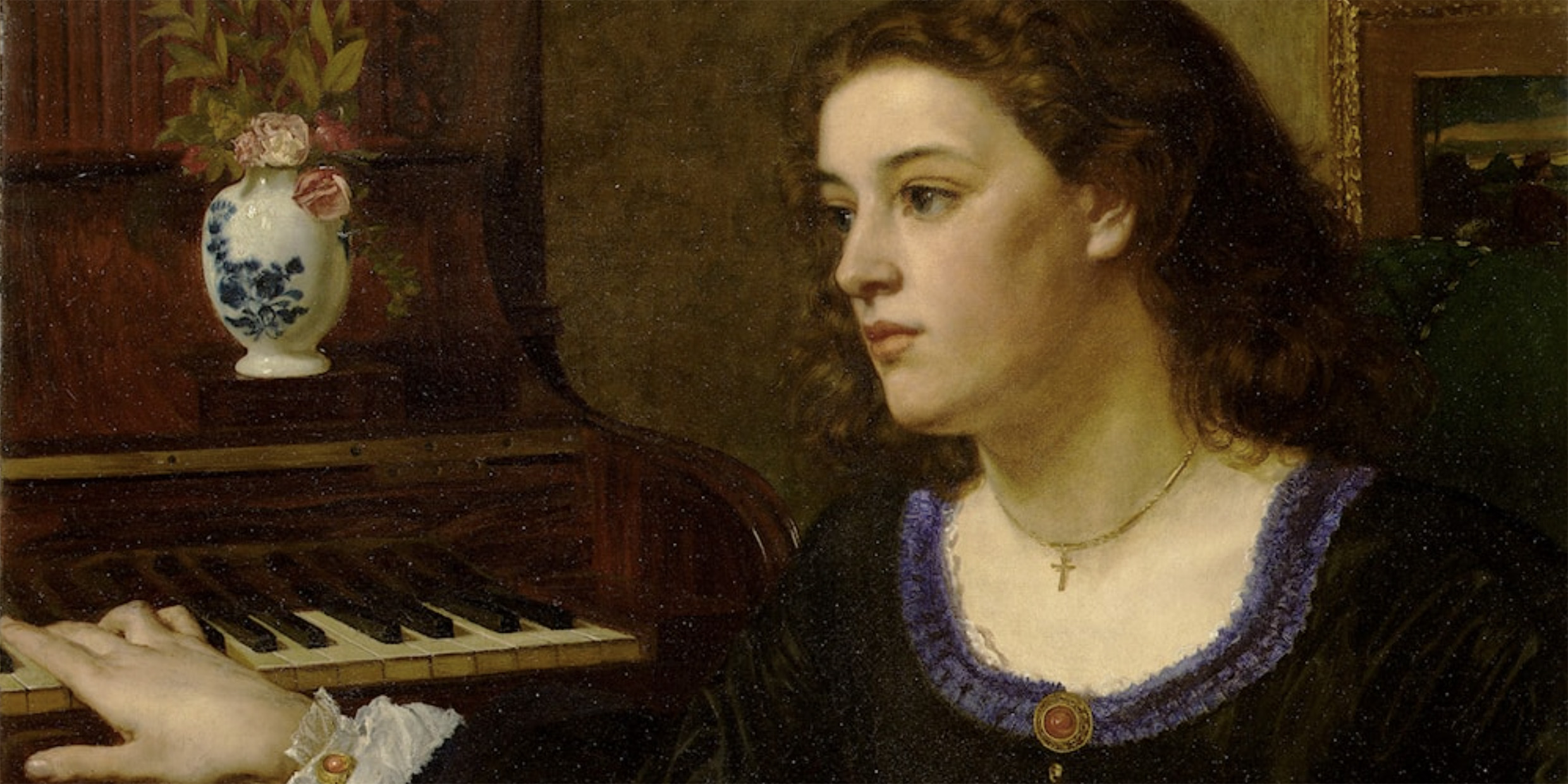Originally published 24 April 2005
I have been reading Judith Flanders’s biography of the MacDonald sisters, four Victorian women best known for having married or mothered famous Victorian men. Georgiana wed the pre-Raphaelite painter Edward Bourne-Jones, Agnes married the Royal Academician Edward Poynter, Louisa gave birth to the future prime minister of Britain, Stanley Baldwin, and Alice was the mother of the poet of Empire, Rudyard Kipling.
Not a bad record for the daughters of a lower middle-class evangelical minister and his wife. These were smart, talented women, and in a less patriarchal society they might have achieved great things on their own. Flanders uses the MacDonald women as a way to describe family life and mores in Victorian England.
Her story reminds us just how far we have come during the past century in the domestic application of science and technology.
George and Hannah MacDonald, the sisters’ parents, had ten children, more or less a child every eighteen months, a not uncommon course of events in the days before safe and reliable birth control. Three of the MacDonald children died as infants, another at age sixteen. Typically, half of all Victorian children were dead before the age of six.
Sickness was always present: chickenpox, colds, whooping cough, fevers, inflammation, smallpox, diphtheria, scarlet fever , meningitis, tuberculosis, cholera. Adults and children lived much of their lives with toothache, which often led to abscesses, fevers, and migraines. Add to this the ever present danger of accidents due to open fires, and lung disease from smoke and soot.
Hannah lived on the brink of harried madness, always pregnant or breast feeding, burdened with unending household chores. Keeping the home even reasonably clean took an enormous amount of time. The average Victorian household burned a ton of coal every six weeks and the dirt thrown out was immense. Oil and paraffin lamps were smoky and time-consuming. Running water was available only in the scullery, and must be heated over a coal fire. Laundry in the days before detergents took full day or two every week.
In a letter of about 1843, Hannah complains: “The children have colds…I am so wearied of sickness and nursing in addition to my many domestic cares, that I sometimes feel almost stupefied, and fearful of sinning against God, by a sort of reckless indifference to what may befall me.”
Meanwhile her husband George was out and about saving souls.
What consolation did religion offer Hannah? Flanders writes: “Grieving parents were told that they should see a child’s death as a challenge to their faith and humility before God. If they mourned their lost child, they were refusing God’s lesson of submission, and harboring the sin of pride.” One of Hannah’s sons thought religion sustained his mother in her trials; a daughter felt that religion only added to Hannah’s sense of hopelessness.
Which is not to say that churchgoing, particularly in the evangelical denominations, did not offer companionship and solidarity in the face of trials, and a promise of something better after death for those who kept the faith and endured. The one thing religious faith did not provide was amelioration of hardships and tragedies in the here and now.
But science and technology were flourishing during the Victorian era, and ultimately provided substantial relief for daunted mothers and homemakers such as Hannah. Faraday and Maxwell laid the basis for the electrified home and modern electronic communication. Semmelweiss, Pasteur, Koch, Jenner, Lister and others helped free humankind from the age-old scourge of infant mortality and infectious disease. Engineers provided clean and reliable public water and sanitation systems. Chemists contributed cleaning agents and disinfectants.
And, not least, Darwin and his contemporaries gave us a view of life in which humans are no longer the arbitrary playthings of the gods. No longer must men and women resign themselves to whatever fates befell them; they could work to shape lives of freedom and harmony. Slavery was abolished. Women’s rights affirmed. General public education established.
The driving force of modernization was access to reliable public knowledge of the world — scientific knowledge — unobstructed by sectarianism, jingoism, racism, archaic cosmologies, and superstition.
Of course, religion did not wither away, nor should it. There is much to be said for collective public celebration of the mystery of creation, rites of passage, works of charity, ethical teaching, spirituality. Science and technology can create the conditions for personal fulfillment, but they are not by themselves particularly filling. There is a part of us that longs for contact with whatever is the source of the world’s mystery and beauty.
Hannah MacDonald found some solace late in life, with her garden and her grandchildren. If she had the choice, I wonder would she choose to live in a modern secular society, with long healthy lives for herself and her children but without the promise of eternal life, or in the sooty domestic slavery of a mid-19th-century God-fearing Victorian household buoyed only by the hope of something better to come?



